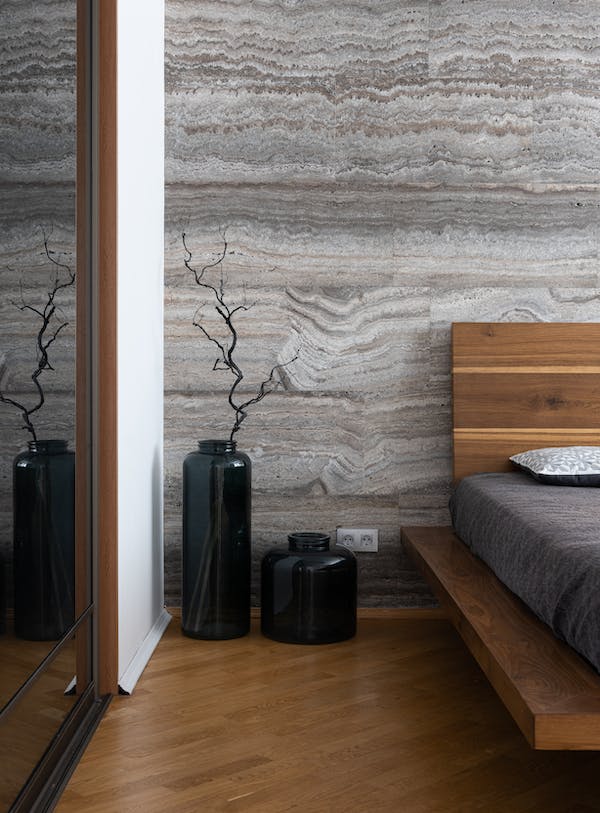Residential rehabilitation is a highly effective and popular form of addiction treatment. It involves living onsite at a treatment center with 24/7 access to medical and mental health services, as well as intensive therapy and social support. Residential rehabilitation, also known as inpatient treatment, offers a more intensive and structured program than outpatient services or support groups can provide. It offers a safe and supportive environment for individuals in recovery, allowing them to focus solely on their recovery without having to worry about other personal and professional responsibilities.
There are many advantages to selecting residential rehabilitation for addiction recovery that can lead to the most successful treatment outcomes. One of these advantages is increased safety. Residential treatment centers create a secure environment for individuals to focus on their recovery journey. The facilities are properly staffed with qualified medical and mental health professionals, reducing the chance of relapse or any other problem that could occur outside of the treatment center. In addition, the emotional and psychological safety that comes with residential treatment is invaluable.
These centers also provide increased access to professional resources such as evidence-based therapies, nutrition education, holistic approaches, and access to a range of staff members who are trained and experienced in treating addiction. Residents can engage in individual therapy, group therapy, and educational activities that are better suited for a residential environment than outpatient services.
Residents benefit from being in a supportive community of peers who are working through similar issues. Supportive relationships built among peers can have a profound effect on long-term recovery. Living in a residential rehabilitation setting allows individuals to engage in community activities and participate in shared goals, creating an environment of accountability, reinforcement, and community.
Residential treatment also helps individuals establish healthy habits that will last after they finish the program. From creating healthy eating habits to establishing a regular sleep schedule, these treatments provide a unique opportunity for individuals to practice newly learned skills and behaviors without the distractions and stressors of the outside world.
Finally, residential treatment centers offer extended treatment programs, creating an environment that encourages longevity in recovery. As opposed to outpatient rehabilitation, residential programs allow an individual to stay in treatment for longer periods of time. Extended programs are essential for individuals who might not have the social support or environment needed for successful addiction recovery. By providing more time for individuals to build the skills necessary for long-term abstinence, extended treatments can reduce the chance of relapse.
Residential rehabilitation provides a comprehensive approach to addiction recovery. The 24/7 access to medical and mental health services, as well as the supportive atmosphere, provide a nurturing environment that can gradually lead to improved mental and physical well-being. Ultimately, the safe environment and professional resources associated with residential treatment can be crucial in making the difficult task of overcoming addiction more manageable.